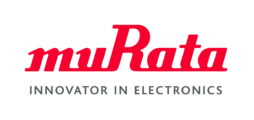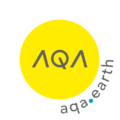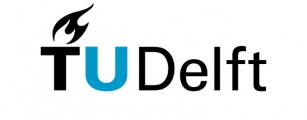The Sensoring theme of Wetsus focuses on the development of devices for monitoring the quality (composition) of water. The envisioned sensor devices should measure on-line and continuous, be sensitive, reliable, fast and low-cost. Applications can be found in drinking water, industrial (waste) water and surface water.
The motivation to develop reliable water quality sensors is threefold. First, from the point of view of public health, safe drinking water is of utmost importance. Secondly, the quality of discharged industrial waste water is more and more dictated by governmental regulation, implying the need to strictly control its quality. Thirdly, process control might require online measurement of specific compounds to improve the quality of product.
The technology applied within this research theme is very diverse and interdisciplinary. Measurements can be specific, e.g. micropollutants (pesticides / herbicides / pharmaceuticals), ions, bacteria, or other toxins, or measurements can be focused on obtaining a fingerprint of the water quality. Sensors are more than the measurement principle only. It also involves signal conditioning, the interface and how to interpret data (converting data to information). Networks of sensors make it possible to combine data to increase accuracy, sensitivity, or the number of parameters measured (sensor fusion and soft-sensing), but can provide additional challenges such as the need for self-powering, self-calibrating and self-cleaning sensors. All of this is tackled in the Sensoring theme to achieve improved water quality.






